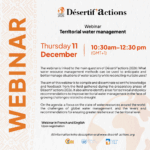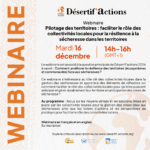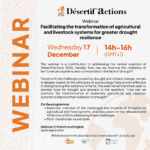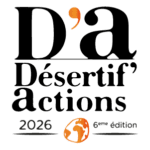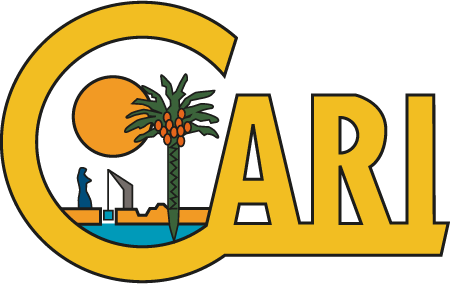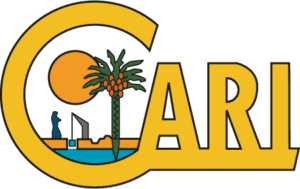Launch of a series of webinars
The Désertif’actions 2026 webinars are a major step forward in taking stock of scientific knowledge, the experiences of operators in the field gathered during preparatory workshops, and the challenges of the various themes in terms of advocacy. The four webinars will thus contribute to enriching discussions on the resilience of territories to drought and preparing for the Désertif’actions 2026 summit, which will be held from 25 to 28 March in Djerba (Tunisia).
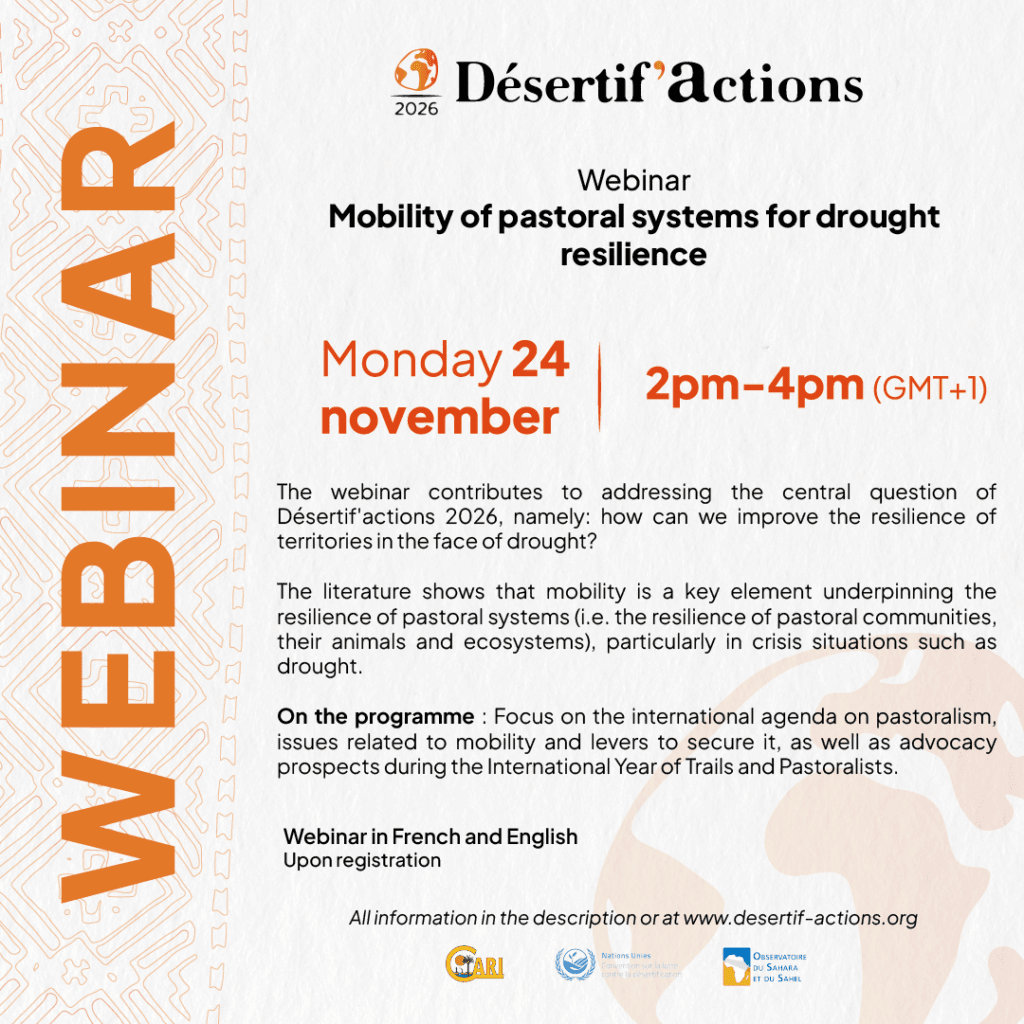
The first webinar on the mobility of pastoral systems
The webinar “Mobility of pastoral systems for drought resilience” will take place on Monday 24 November from 2pm to 4pm (GMT+1) / 1pm to 3pm (GMT) on Zoom, upon registration.
Registration required
Central question:
The webinar contributes to addressing the central question of Désertif’actions 2026, namely: how can we improve the resilience of territories (ecosystems and communities) in the face of drought?
A review of the literature shows that mobility is the key element underpinning the resilience of pastoral systems (i.e. the resilience of pastoral communities, their animals and ecosystems).
Therefore, the specific question addressed in the webinar is: How can pastoral mobility be facilitated in times of crisis, such as drought, to improve the resilience of communities and ecosystems?
Sub-questions:
- What levers can pastoralists and agro-pastoralists activate in relation to mobility in order to adapt to drought conditions?
- How can pastoralists and agro-pastoralists be supported in adapting their mobility in the face of changing threats and constraints, including new drought patterns? (What solutions are being promoted by actors supporting pastoralism, such as civil society organisations?)
- How can pastoralists’ rights be strengthened to promote the social, economic and ecological benefits of mobility in a crisis context?
Programme:
The webinar programme will include a keynote speech, followed by a round table discussion with three or four speakers, and then a Q&A session with the audience.
Moderator: Manon Albagnac -CARI
Keynote speaker: Mr Jonathan Davies –UNCCD Introduce how rangelands and pastoralists are considered in the international negotiations agenda.
Round table speakers:
- Ms. Natasha Maru – International Land Coalition / IYRP Global Alliance
- Ms. Hanieh Moghani – CENESTA
- Dr. Bio Goura Soulé – ECOWAS
- Mr. Bernard Bonnet – IRAM
